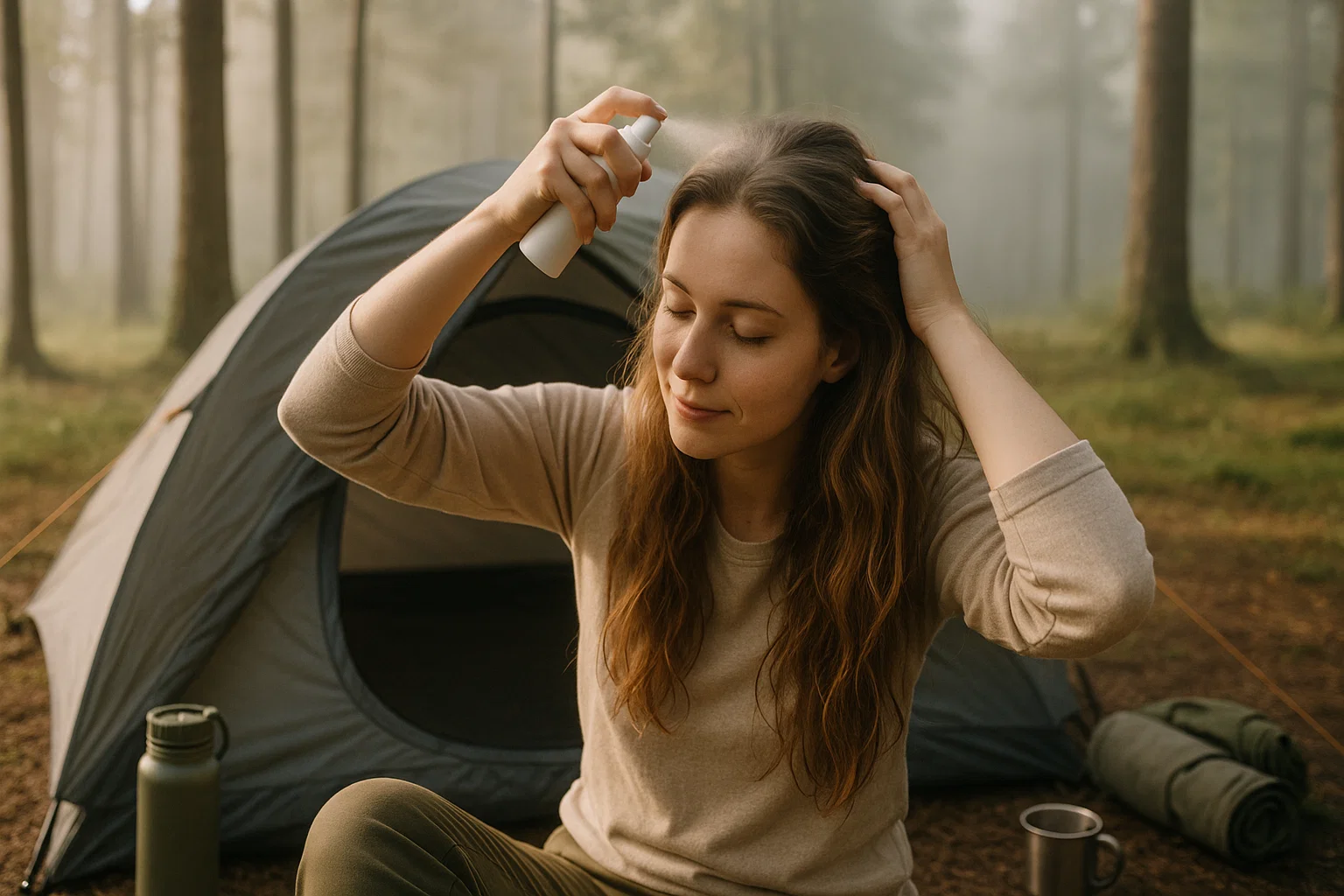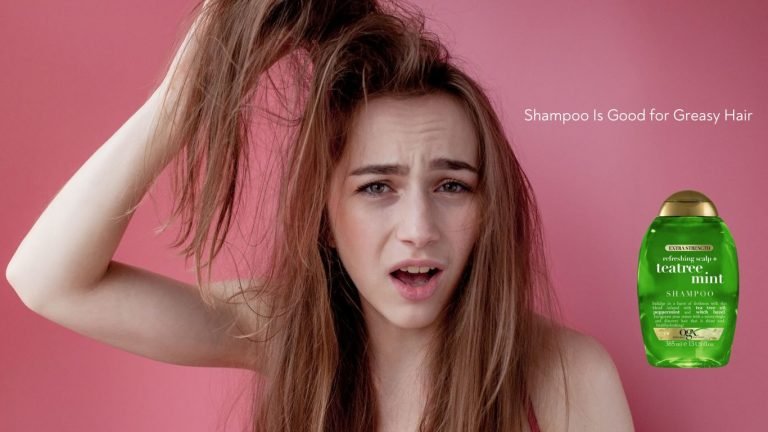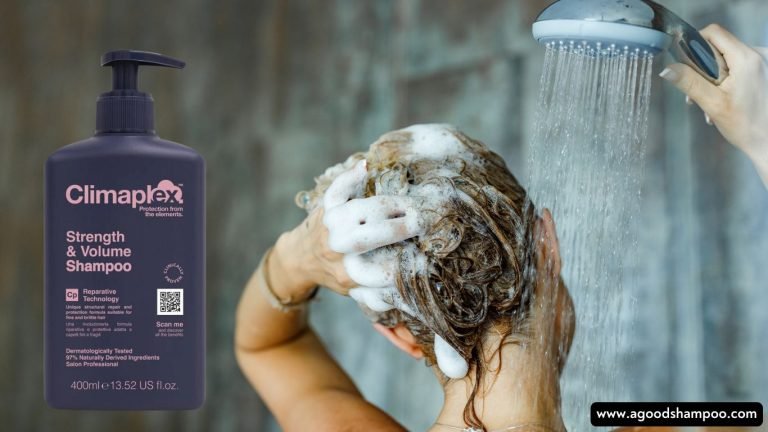Is Dry Shampoo Good for Camping? Fresh Hair Anywhere, No Water Needed
 If you’ve ever gone camping and woken up with greasy hair that feels like it’s plotting against you, you already know the struggle. No running water, no mirrors, no hot showers just you, nature, and that wild mane that suddenly refuses to cooperate. That’s where dry shampoo comes in. It sounds like magic in a bottle, but is it actually good for camping? Let’s talk about what works, what doesn’t, and how to stay clean without harming your hair or the planet.
If you’ve ever gone camping and woken up with greasy hair that feels like it’s plotting against you, you already know the struggle. No running water, no mirrors, no hot showers just you, nature, and that wild mane that suddenly refuses to cooperate. That’s where dry shampoo comes in. It sounds like magic in a bottle, but is it actually good for camping? Let’s talk about what works, what doesn’t, and how to stay clean without harming your hair or the planet.
Why Dry Shampoo Works When You’re Off the Grid
Here’s what makes dry shampoo such a clever little invention. Instead of cleaning your hair with water, it absorbs oil and sweat from your scalp using fine powders like rice starch, clay, or silica. You spray it on, wait a minute, brush it through, and suddenly your hair looks refreshed again.
For campers, this means freedom from sticky ponytails and greasy roots. You can go two, three, even four days without a traditional wash if you use it right. It’s not about perfection it’s about comfort and confidence when you’re miles away from your usual routine.
But like anything that sounds too good to be true, there’s nuance.
The Catch: When You Shouldn’t Use Dry Shampoo
Here’s the truth dry shampoo doesn’t clean your hair. It just hides the evidence of dirt and oil. If you keep reapplying it for days, those powders start building up on your scalp. That buildup can block hair follicles, making your scalp itchy or even flaky.
If your camping trip lasts longer than three or four days, or if you sweat heavily, you’ll need to find another way to give your scalp a break. A quick rinse in a river (with biodegradable soap far from the water source) or a wet wipe cleanup will go a long way.
Quick Fact:
According to a 2023 Allure consumer poll, 71% of women who use dry shampoo regularly said they felt scalp irritation after using it more than three days in a row. Your scalp needs air and movement don’t smother it.
How to Use Dry Shampoo While Camping (The Smart Way)
There’s an art to applying dry shampoo, especially when you’re outdoors. Here’s how to do it without making your hair look like you just poured flour on your head.
- Step back before you spray. Hold the can at least 8–10 inches away. Spraying too close will leave white spots that are hard to blend.
- Target your roots only. Focus on the crown, your part line, and behind the ears where oil gathers first.
- Wait before brushing. Let it sit for 30–60 seconds so the powder can absorb oil. Then massage gently with your fingertips and brush it out.
- Use it in the morning. Applying at night can flatten your hair while you sleep.
- Shake it up. If you’re using a powder formula, shake it well before applying to avoid clumps.
What Research Says:
Studies show that starch-based dry shampoos absorb surface oils by up to 80%, but only temporarily. They don’t remove bacteria or dead skin cells like water-based washing does. That’s why it’s a temporary fix not a replacement for washing.
Picking the Right Dry Shampoo for Camping
When you’re in the woods, the kind of product you bring matters for you and the environment. Some aerosol dry shampoos contain butane or propane propellants, which can harm both your lungs and the air around you.
Instead, go for:
- Non-aerosol powders: These are lighter, last longer, and don’t release harmful gases.
- Biodegradable formulas: Check labels for cornstarch, arrowroot powder, and kaolin clay. Skip silicones and synthetic fragrances.
- Unscented or natural scents: Fragrance attracts bugs. Keep it simple.
Quick Tip:
If you want a DIY option, mix 2 tablespoons of cornstarch with a teaspoon of cocoa powder (for darker hair). Apply it with a makeup brush eco-friendly and effective.
How to Keep Hair Fresh Without Dry Shampoo
Let’s say you run out or just prefer going more natural. Here are a few ways to keep your hair fresh when showers aren’t an option:
- Baby wipes or biodegradable wipes: Wipe your scalp and roots to remove sweat.
- Rinse with plain water: Even a little splash helps loosen dirt.
- Wear a loose braid or scarf: It keeps dust out and makes oily roots less noticeable.
- Use a microfiber towel: Rub your scalp gently to absorb excess oil.
What Campers Swear By:
In a 2022 REI survey, over half of campers said they prefer a quick water rinse or biodegradable shampoo sheet over dry shampoo when camping for more than three days. Simplicity wins.
What Soap Should You Use for Hair When Camping?
If you decide to wash instead of just refresh, make sure your soap won’t harm nature. Ordinary shampoos or soaps can pollute rivers and harm aquatic life.
Look for biodegradable camping soaps made with natural oils like coconut, olive, or castile base. Dr. Bronner’s Pure-Castile Liquid Soap is a classic favorite because it’s versatile it works for your hair, body, dishes, even laundry.
But here’s the golden rule: never wash directly in a stream or lake. Move at least 200 feet away and use a small amount of water in a container or basin.
When to Skip Dry Shampoo Altogether
There are moments when it’s better to leave dry shampoo behind:
- If your scalp is flaky or irritated. The powder can make it worse.
- If your hair is color-treated and fragile. Overuse can cause dullness.
- If you’re sensitive to aerosols. Choose powders or foam formulas instead.
- If you’re camping somewhere humid. It won’t work as well when there’s too much moisture in the air.
Ingredient Breakdown:
Kaolin clay and silica absorb oil fast, but they can be drying in humid or high-altitude conditions. If your hair feels tight or straw-like, switch to a hydrating alternative like aloe or oat-based rinse.
Eco-Friendly Brands Worth Packing
Here are a few planet-conscious dry shampoos that actually perform outdoors:
| Brand | Type | Why It’s Great |
|---|---|---|
| Acure Dry Shampoo | Powder | Vegan, biodegradable, no aerosol |
| Rahua Voluminous Dry Shampoo | Powder | Uses cassava starch and clay, travel-friendly |
| Batiste Natural | Spray | Derived from 40% natural starch, available worldwide |
| Lush No Drought | Powder | Refillable bottle, citrus scent keeps scalp fresh |
Eco Note: Always dispose of residue responsibly. Don’t rinse it off near natural water sources.
How to Wash Yourself When Camping
Since hair care often ties into body hygiene, let’s not skip the basics. You can stay clean with:
- Biodegradable body wipes for short trips.
- Solar shower bags for longer stays.
- No-rinse body washes that break down naturally.
- A damp towel and a bit of soap still the simplest combo.
The key is to stay hygienic without leaving a trace behind. Camping is all about balance comfort for you, respect for nature.
Final Thoughts
So, is dry shampoo good for camping? Absolutely when used wisely. It’s your best friend for short trips, spontaneous adventures, and quick fixes when there’s no shower in sight. It keeps you feeling human in the middle of nowhere.
But like any shortcut, it has limits. Don’t overuse it, pick an eco-safe formula, and give your scalp a real wash whenever you can. Camping should be about freedom, not clogged pores or chemical residues.
When you pack for your next trip, think light, clean, and kind to your hair and to the earth beneath your tent.

With over 10 years of experience, Emily Turner provides expert reviews on hair care products. Passionate about sustainable beauty solutions, she helps readers achieve beautiful, healthy hair.






